Fun facts about Denmark and the Danes
The happiest people in the world?
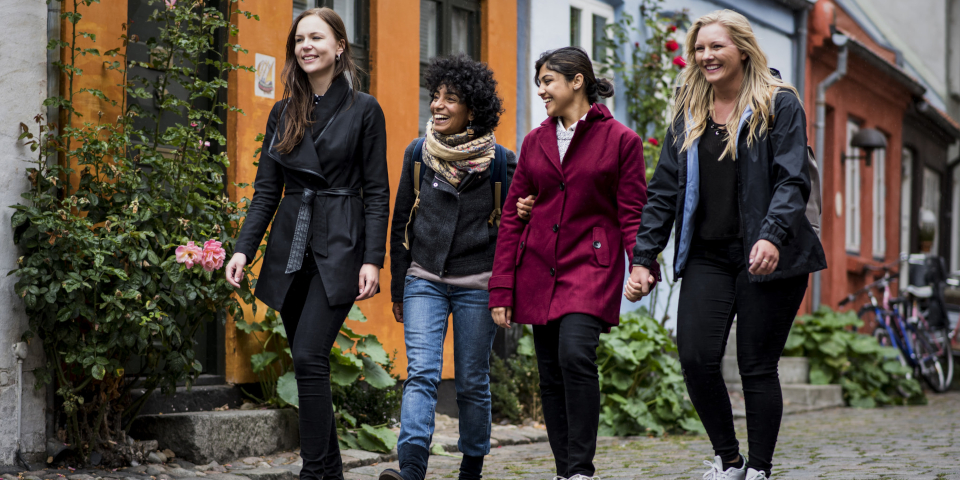
The UN World Happiness Report has rated Danes as the happiest people in the world for two consecutive years. Currently, the top position is held by Finland with Denmark as a close runner-up. All top countries tend to have high values for all six of the key variables that have been found to support well-being: income, healthy life expectancy, social support, freedom, trust and generosity.
Always on time
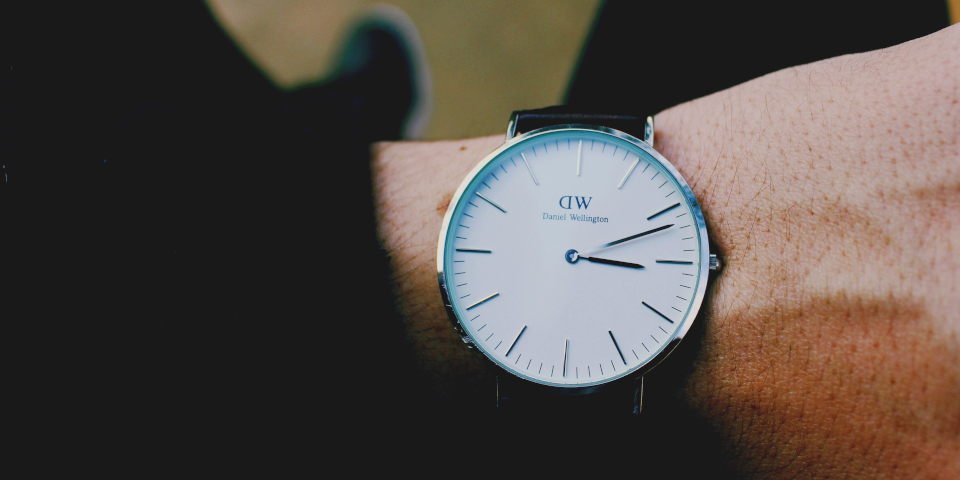
Punctuality is everything! While most Danes are easygoing and shy away from formality, they are quite hung up on being punctual and precise. If you want to meet up with friends, you usually make an appointment at a set time – and actually show up at the agreed time. Showing up at a friend’s place unannounced is not the norm.
Pedal power
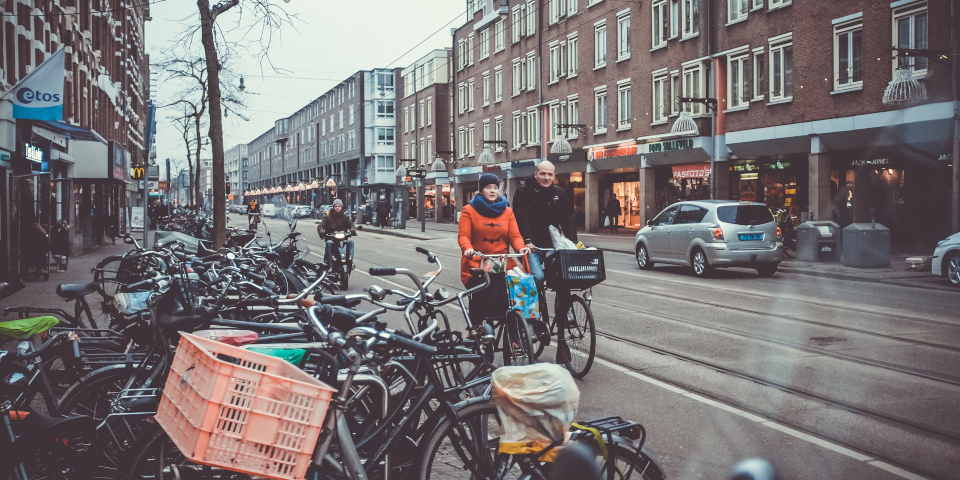
Bikes are an essential part of Danish everyday-life. Danish cities are among the most bicycle-friendly in the world designed with comprehensive systems of bicycle lanes. Many use their bikes for the daily commute to university or work – and hey, it’s faster than driving, it’s free, better for the environment and you get exercise at the same time. What’s not to like?
Cool exterior
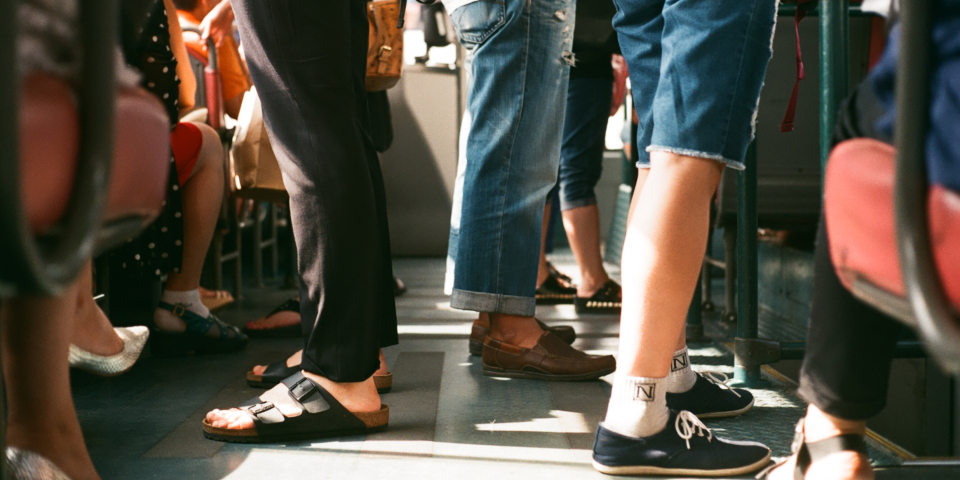
The Danes tend to be quite reserved at first glance, but don’t be fooled. Once you get to know the Danes, they are as warm, welcoming and open as they come. This also explains why almost no one talks to strangers in the bus, the supermarket or any other public space.
Interesting facts
All hail the King!
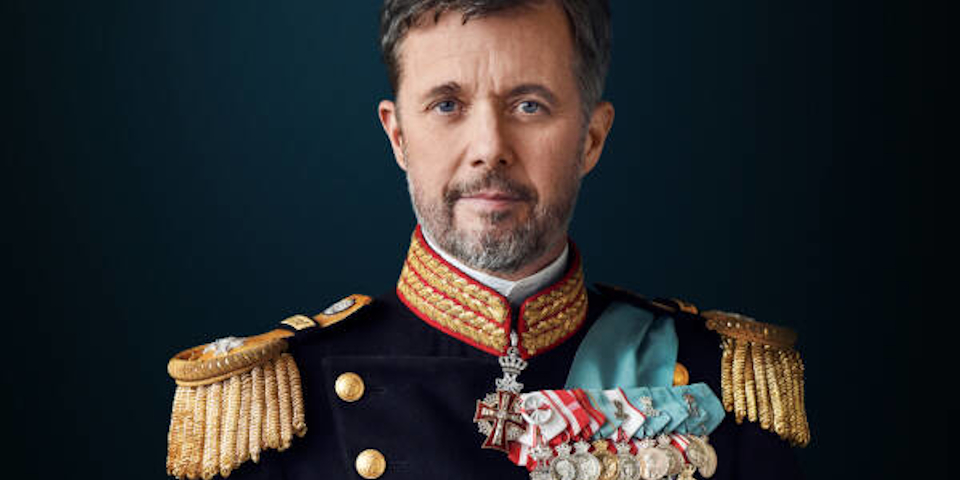
Denmark is the longest uninterrupted monarchy in Europe. The current King Frederik X succeeded his mother Her Royal Majesty Queen Margrethe II in January 2024, but the monarchy has roots dating back more than 1000 years, all the way back to King Gorm the Elder.
Healthcare and education are free

The tax level and living expenses may be high in Denmark, but in return, education and healthcare are free. Danish students even get paid by the government to go to school (SU). This ensures that everyone has equal access to education and healthcare, no matter what his or her social background and financial capacity is.
Most Danes speak English very well

It can be tempting to stick to English, but, as Bishal from Nepal studying Mechanical Engineering at VIA says: “Learning some Danish will help you tremendously in social gatherings. It is a great icebreaker to try to speak Danish – you can always switch to English later on."
Weird and strange facts
Weather is serious business
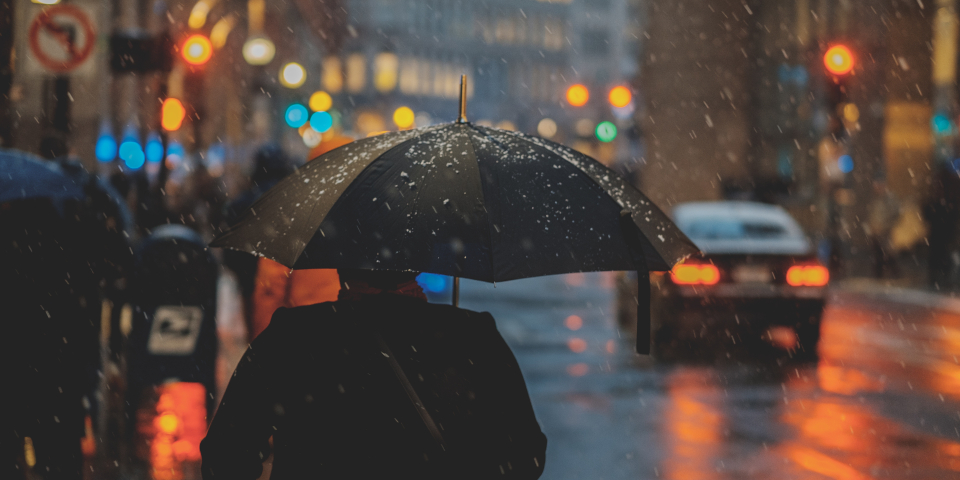
The weather is a big concern to most Danes. The weather forecast is checked several times every day and if you run out of conversation topics, just bring up the weather and the Danes will go on and on forever! Either it is too cold, too hot, too windy or too rainy – but who knows? Maybe it will be better tomorrow?
It's all about Hygge
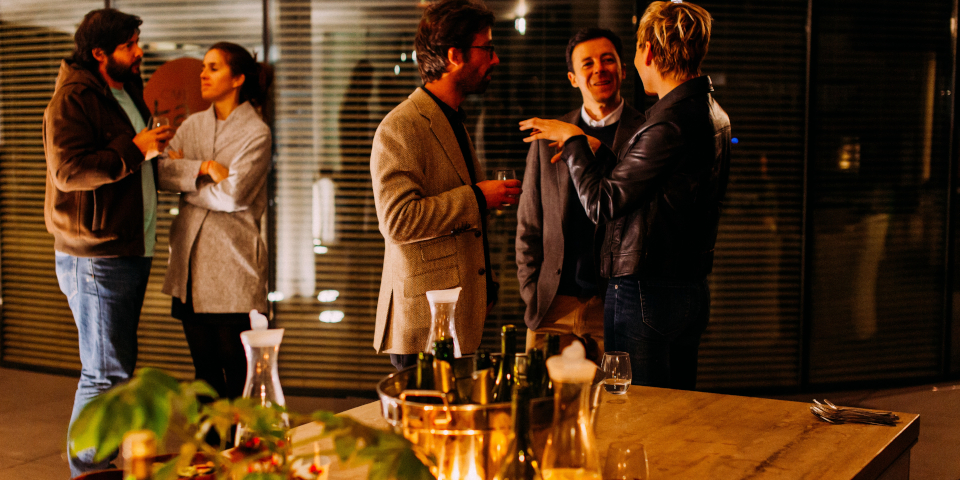
Hygge is the quintessential social commodity of the Danes. The concept is quite hard to translate, but it can be used as a noun, a verb or an adjective and describes a state of cosiness, warmth and relaxation, often in the company of people you care about, frequently involving eating and/or drinking. A friend’s house can be “hyggeligt”, as can a dinner party or one can “hygge” oneself having a beer with friends.
The flag that dropped from the sky
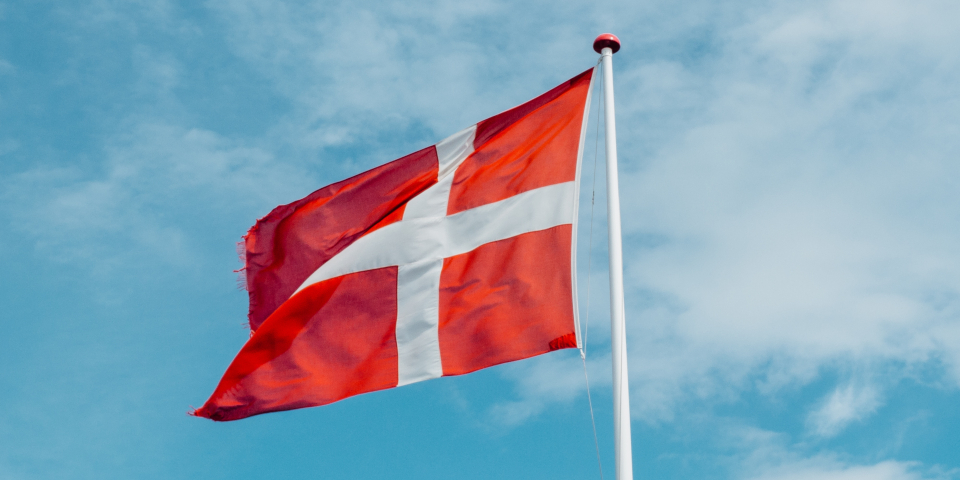
The Danish flag is the oldest state flag still in use by an independent nation. The Dannebrog, as it is called, was first acknowledged in 1219, when it, according to myth, dropped from the sky during the battle of Lyndanisse between the Danish King Valdemar Sejr’s (sejr means victory) army and the Estonian army.